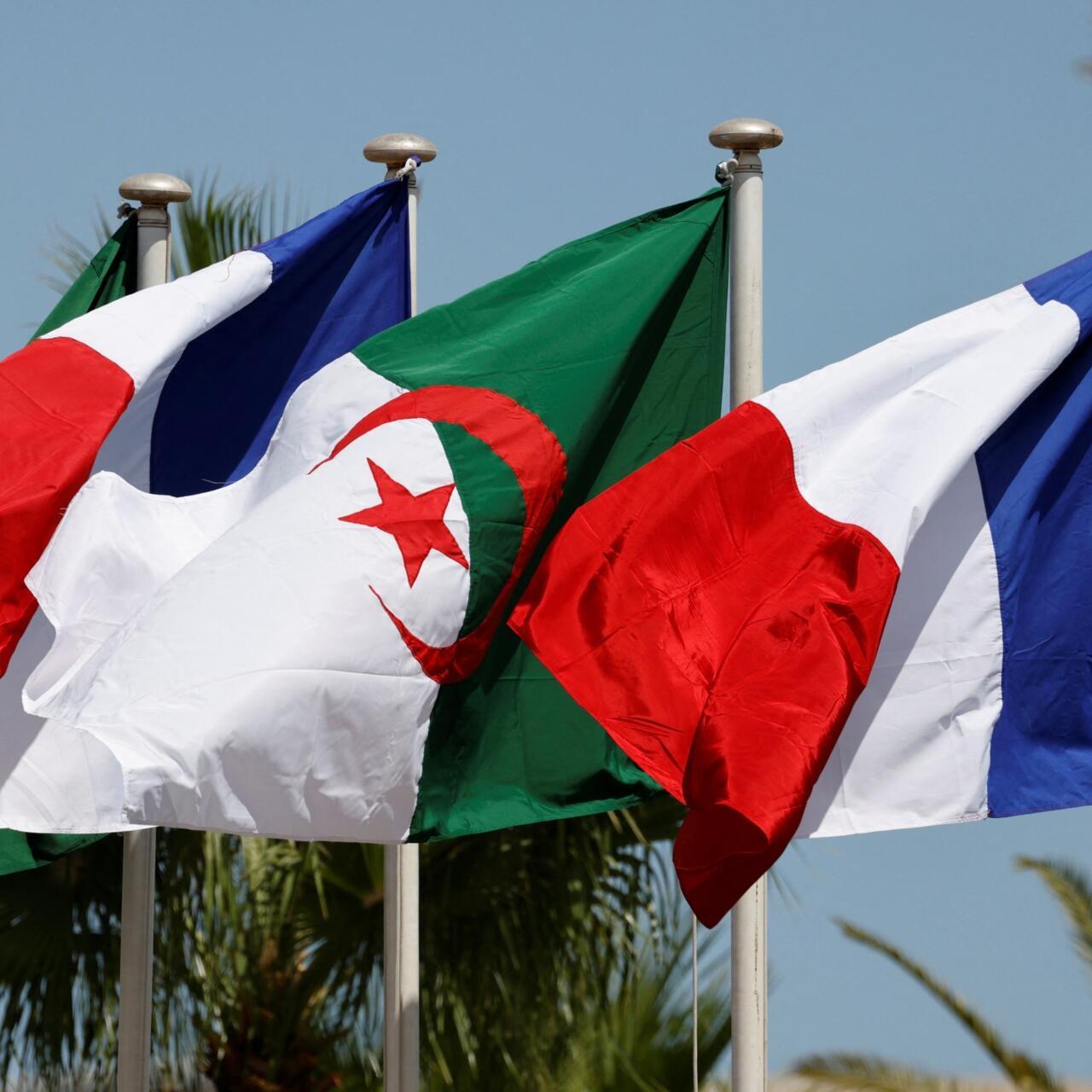
In an era defined by mounting geopolitical strains, official diplomatic relations often sour, sometimes to the point of near collapse.
France’s relationships with Russia and Algeria exemplify this phenomenon.
Although the reasons for the friction differ in each case, the outward result appears strikingly similar: public diplomatic rifts.
Yet, behind this veneer of estrangement, Paris is quietly sustaining communication channels with these countries.
This delicate balancing act was confirmed by the head of France’s DGSE intelligence agency in an interview with LCI, revealing that formal ties are never fully severed.
“The absolute priority is the fight against terrorism,” the DGSE director emphasized.
Despite political disagreements and public sanctions, Paris continues discreet cooperation with Moscow and Algiers on matters of national security.
Indeed, it is the shared threat posed by jihadist groups that forms the foundation for this ongoing collaboration.
Terrorism transcends borders and politics, compelling intelligence services to exchange critical information to protect their citizens from attacks.
This operational partnership, driven by security imperatives, overrides conventional geopolitical rivalries.
By maintaining these clandestine lines of communication, France and its counterparts hope to prevent tragedies and preserve lives, even if the process demands patience and sustained effort.
This covert diplomacy highlights the complexity of modern international relations—where official discord coexists with pragmatic cooperation behind closed doors.
In a world fraught with uncertainty, safeguarding national security often means working quietly with adversaries to confront common enemies.



